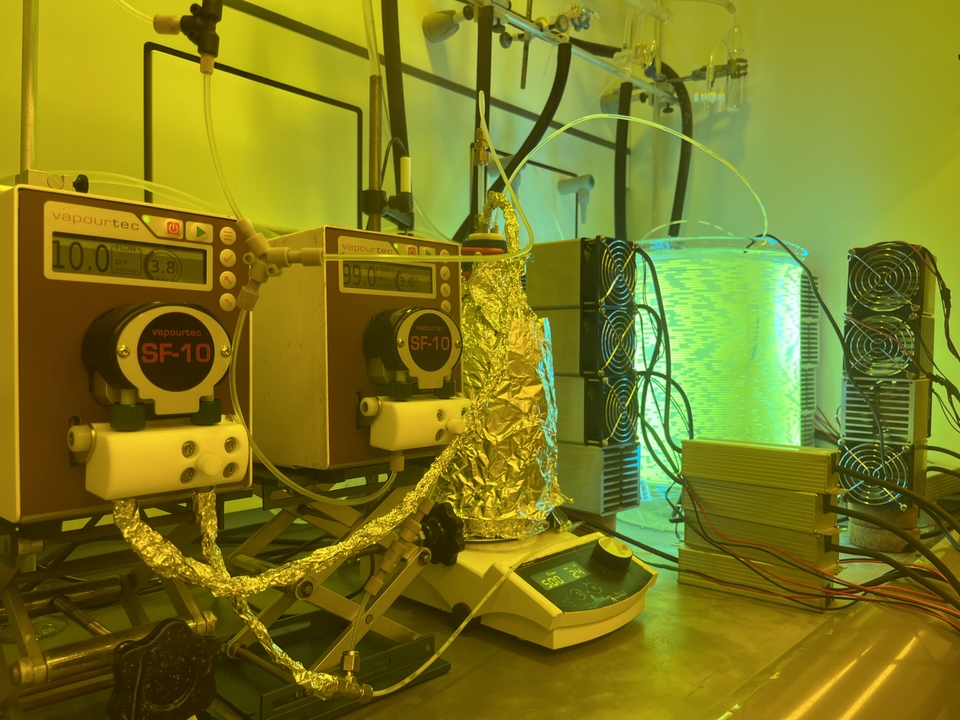
Associate Professor WU Jie and his research team from the Department of Chemistry, National University of Singapore (NUS) have developed a modular approach to create 1,2-arylheteroaryl ethanes, a class of compounds important for drug discovery and pharmaceutical development, using fundamental feedstock chemicals such as ethylene, arenes and heteroarenes. The 1,2-arylheteroaryl ethane structures are particularly promising for pharmaceutical applications, as evidenced by an extensive catalog of over 49,000 documented compounds, with approximately 31% showing utility in various bioactivity studies. Despite their potential, traditional synthesis methods face challenges such as reliance on pre-functionalised synthons, lengthy synthetic routes, limited substrate compatibility and demanding reaction conditions, especially when synthesizing complex structures. The new approach developed by the team has addressed this challenge.
The findings from this research have been published in the journal Nature Chemistry.
Prof Wu said: “Our long-standing interest in synthesizing valuable fine chemicals from fundamental feedstock chemicals, particularly natural gases, has led us to develop innovative, on-demand assembly strategies. These methods have the potential to substantially impact both the pharmaceutical and petrochemical industries.” Read the full article here.

Overview of the modular approach using fundamental feedstock chemicals, ethylene, arenes, and heteroarenes for assembling potential drug-like molecules. The lower section of the visual showcase examples of 1,2-arylheteroaryl ethanes produced using this method, highlighting quick access of pharmaceutical derivatives.
